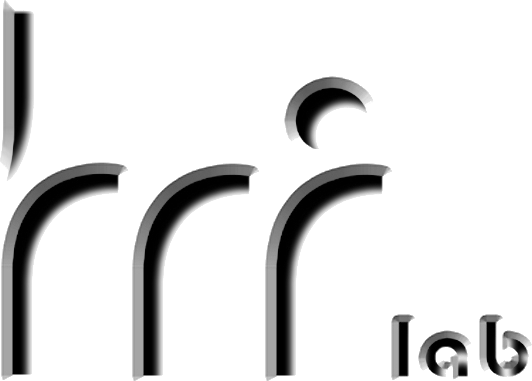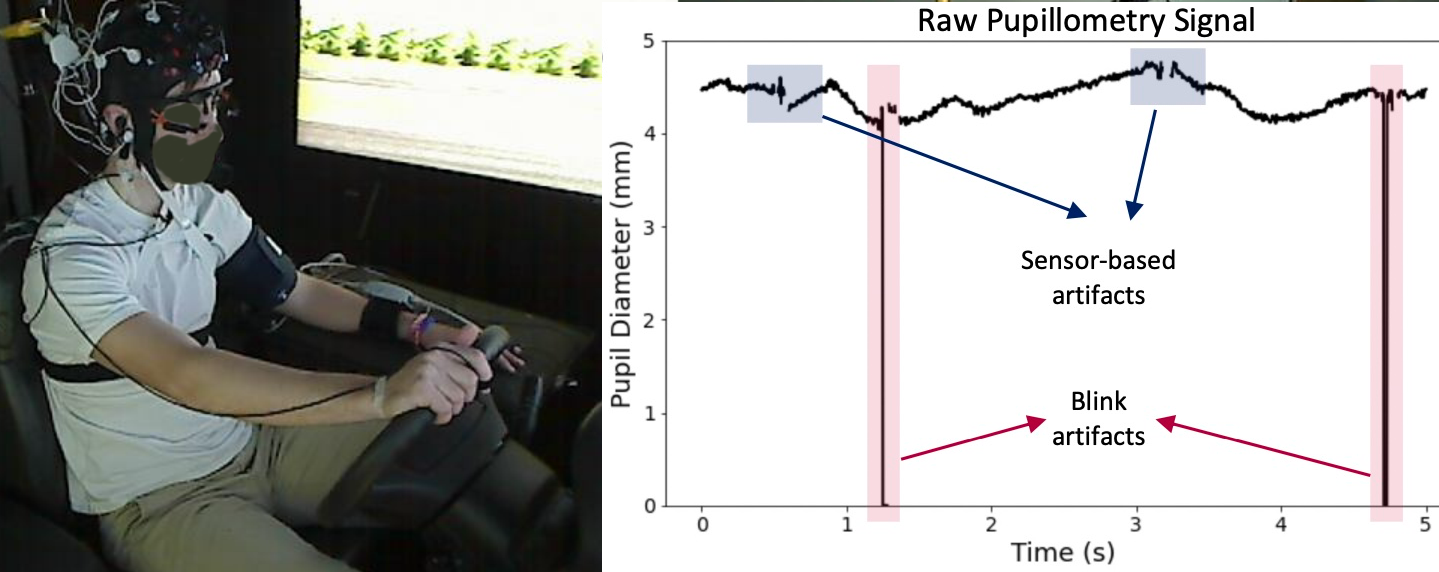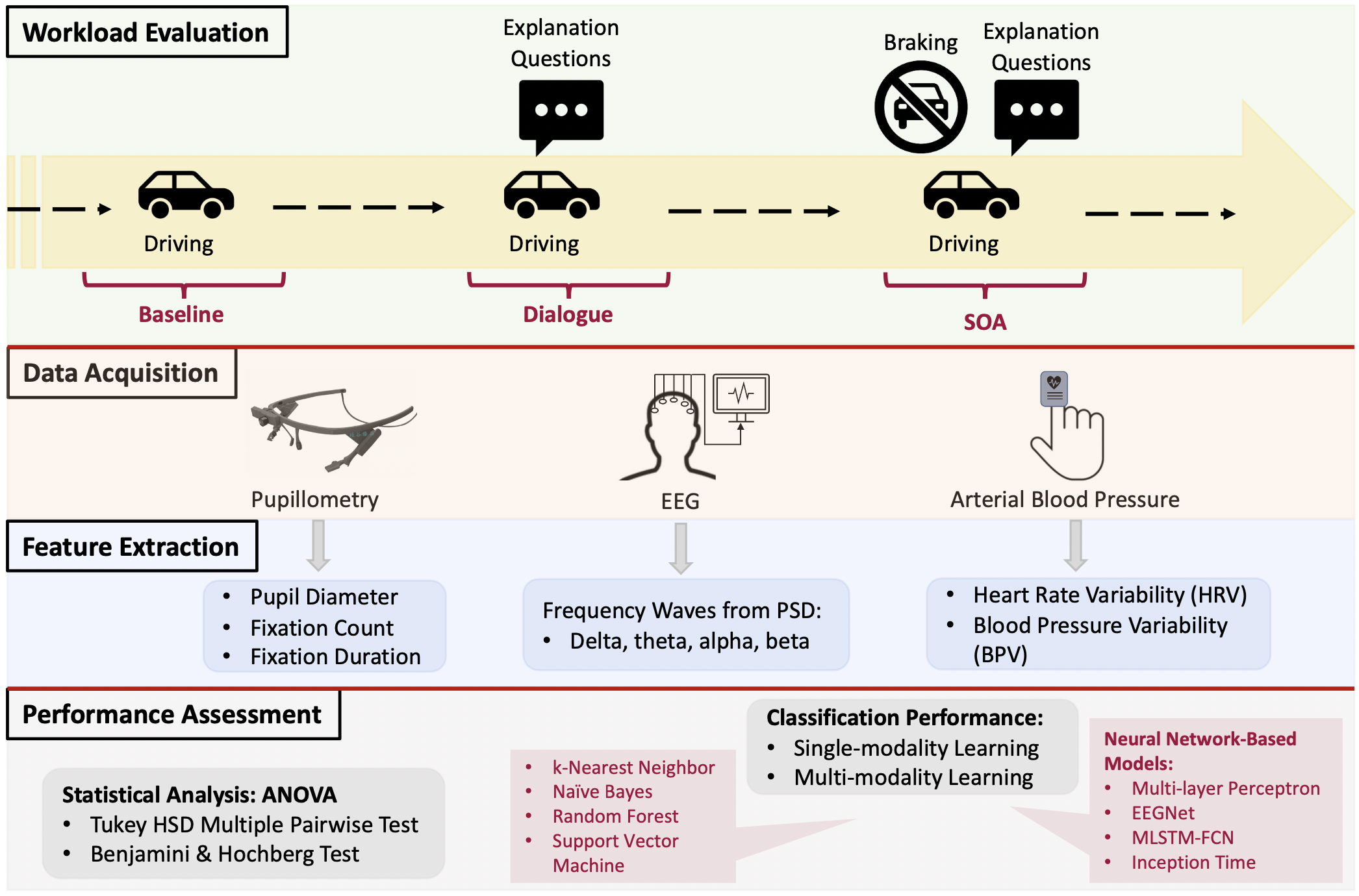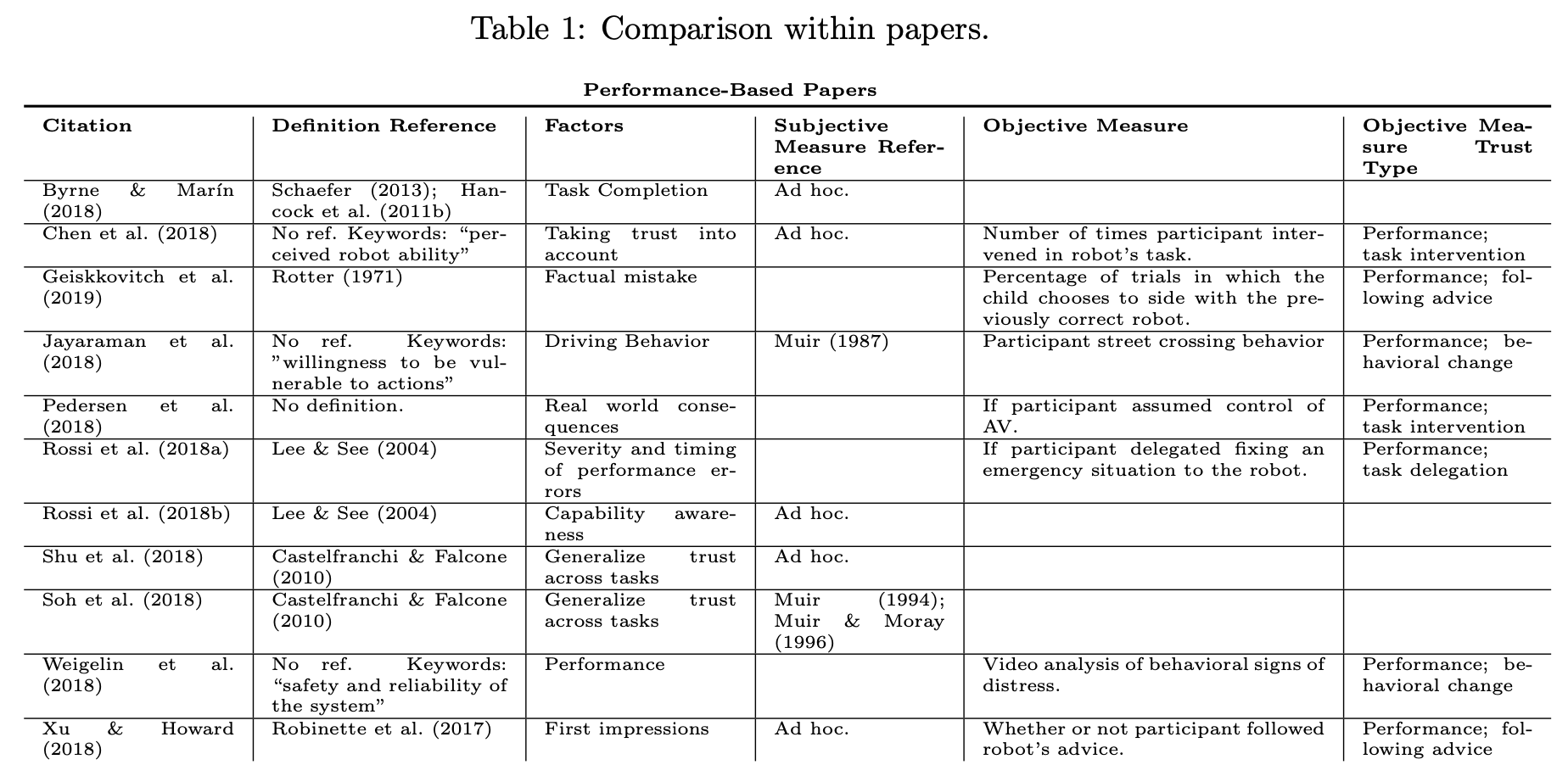Trade-off between reconstruction loss and feature alignment for domain generalization (2022)
To deal with challenging settings in domain generalization (DG) where both data and label of the unseen domain are not available at training time, the most common approach is to design the classifiers based on the domain-invariant representation features, i.e., the latent representations that are unchanged and transferable between domains.
Keywords: domain generalization




